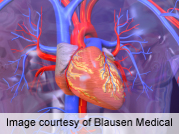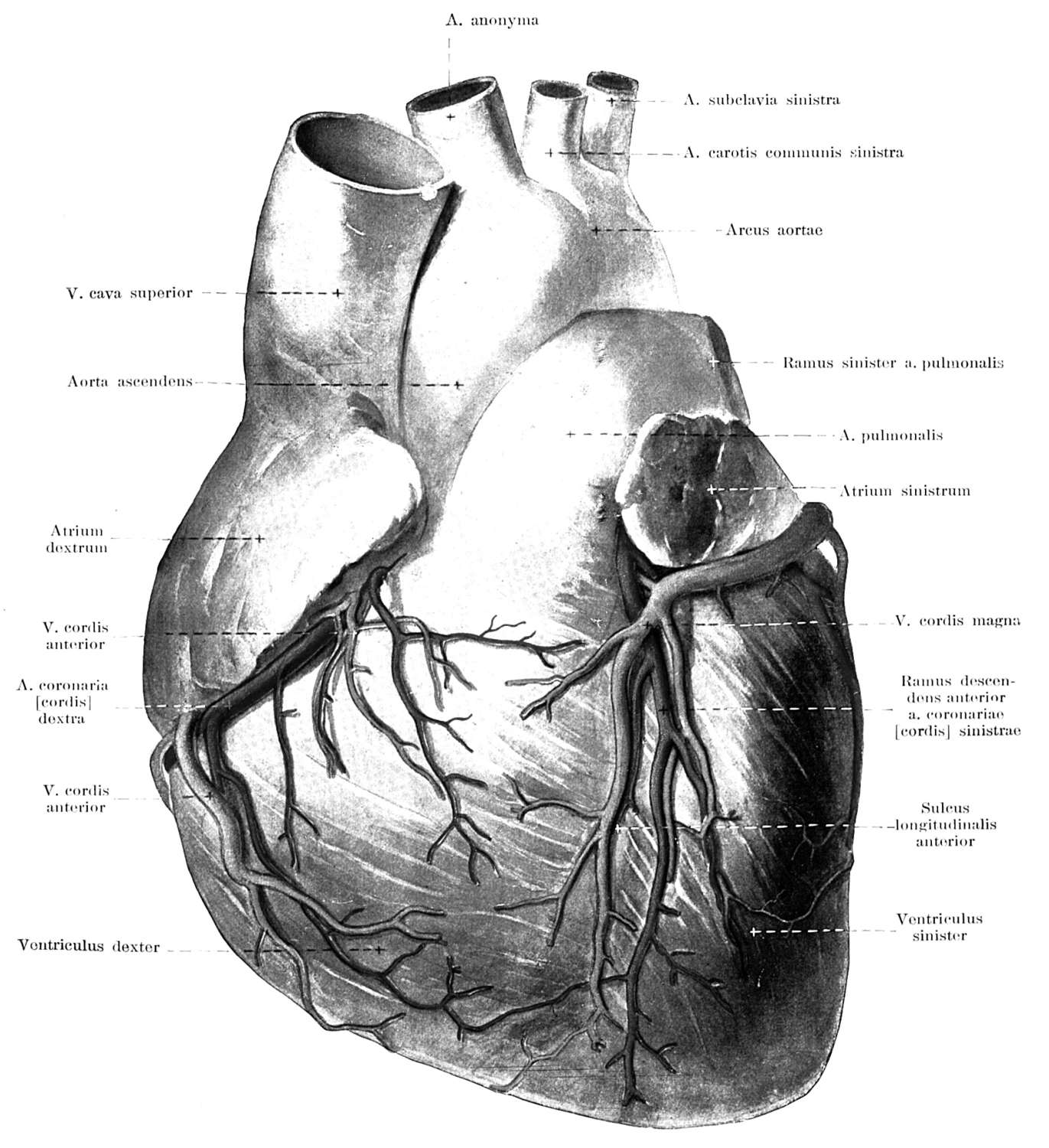
TUESDAY, Nov. 27 (HealthDay News) — Two new studies examine the effectiveness of medications frequently prescribed for heart failure — the heart’s inability to pump blood properly throughout the body.
For the 5.7 million Americans who suffer from heart failure, shortness of breath and edema (excessive water retention) can hinder normal activities. Advances in medication have dramatically changed the lives of some patients, but the question facing cardiologists is: What drugs should they prescribe for this difficult-to-treat condition?
“Treatment can be difficult because of low blood pressure or kidney disease,” said study lead author Dr. Adrian Hernandez. “Other conditions such as depression make it harder for patients to adhere to their medications.” And patients with heart failure “are at high risk for mortality or hospitalization for worsening heart failure,” he explained. (About 55,000 die of heart failure each year.)
The two studies are published in the Nov. 28 issue of the Journal of the American Medical Association.
One of the new studies looks at the effectiveness of aldosterone antagonists for heart failure patients who have what’s called “reduced ejection fraction,” which means they have a particularly poor prognosis.
Patients with this condition make up about 40 percent to 50 percent of those with heart failure, said Dr. Justin Ezekowitz, an associate professor with the University of Alberta, Canada, who was not involved with the study.
Aldosterone antagonists are diuretics that help the body get rid of excess water. They include eplerenone (Inspra) and spironolactone (Aldactone).
The new study provides “the real world” perspective on aldosterone antagonists, said Hernandez, an associate professor of medicine at Duke University School of Medicine in Durham, N.C.
The study of 5,887 patients, average age 78, found that those who took the drugs after hospital discharge were 13 percent less likely than those not taking the drugs to be readmitted to the hospital for heart failure within three years. However, among this elderly population the drug didn’t appear to improve their risk of death or readmission for heart problems in general.
“These drugs look like they’re useful, but we have to be careful before prescribing these medications in a general group of patients,” said Ezekowitz. “At this point, we haven’t shown that you absolutely should start these drugs.”
Those who take these drugs face a risk of high potassium levels and should have their potassium and kidney function monitored, Ezekowitz said.
The other study examined drugs known as angiotensin-converting enzyme inhibitors (ACE inhibitors) and angiotensin receptor blockers for treating heart failure patients with so-called “preserved ejection fraction.” This means their hearts seem to pump properly, at least judging by screening tests, but they’re still weaker than they should be, Ezekowitz said.
ACE inhibitors, such as captopril (Capoten) and enalapril (Vasotec), are commonly used to treat high blood pressure. So are angiotensin receptor blockers, such as telmisartan (Micardis) and eprosartan (Teveten).
For the study, the researchers used a Swedish registry to identify more than 16,200 patients, average age 75, and treated about 12,500 of them. In one analysis, the researchers found the risk of death from all causes over a year fell by about 20 percent among patients who took the drugs, but the study authors said more research is needed to confirm the results. (About a quarter of patients died.)
Overall, Ezekowitz said, the evidence so far supports prescribing the drugs in the two studies as first-line treatments in heart failure patients with complicating conditions such as diabetes and high blood pressure. But in general, he said, “we haven’t shown you absolutely should start these drugs.”
The drugs in the two studies are relatively inexpensive, he noted.
More information
For more about heart failure, visit the U.S. National Library of Medicine.

